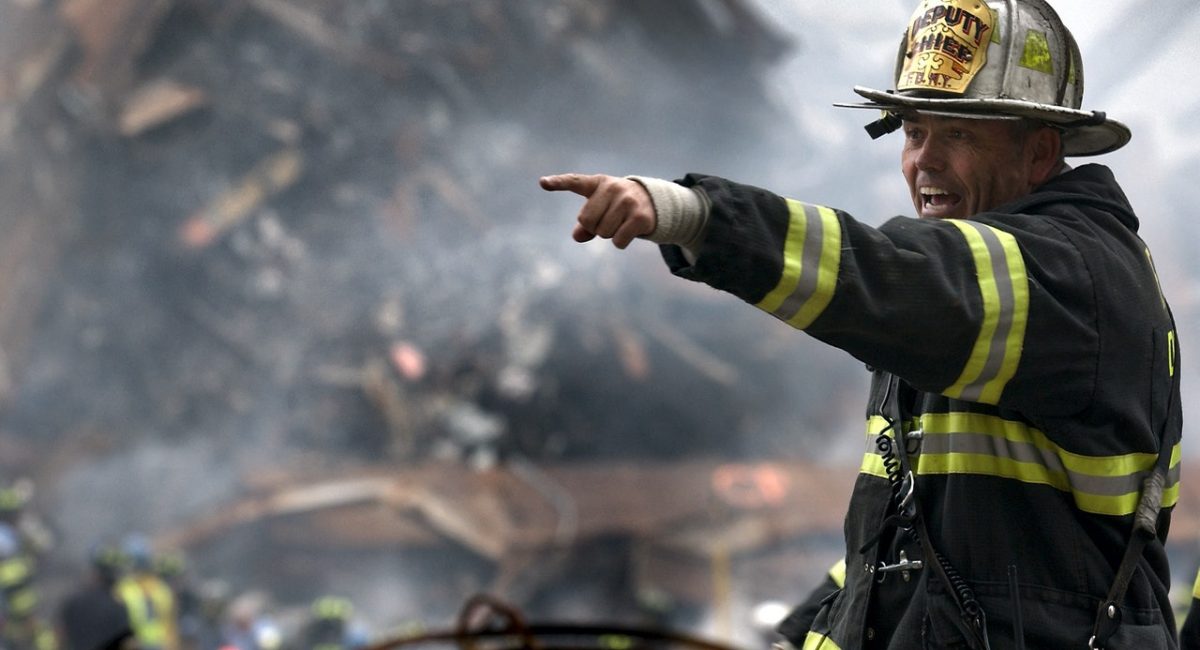Reflection for the 33rd Sunday. Year B. 2018
– By Fr Ugo Ikwuka
Archway, London
A little boy was helping his mother in the kitchen one evening and the mother asked him to fetch the broom from the back garden. The boy told her that it was dark out there and he is scared. The mum told him not to be afraid, that God is everywhere including in the darkness of the garden. So, the boy slightly opened the door from the kitchen that led into the garden, put his hand through and whispered into the darkness: ‘God if you are there, hand me the broom quick’.
In this Sunday’s Gospel, we read one of the scary end time passages which talked about the sun getting darkened, the moon losing its brightness and the stars falling from heaven.
Some preachers make literal interpretation of these passages, throwing many into frenzy. It got to a dramatic extent, as we approached the end of the millennium, in 1999, with some making concrete plans to meet Jesus in the clouds.
That was the tragic case of the Heaven’s Gate cult in America, who carefully packed their cabin luggage for the rapture and proceeded to commit mass suicide to hasten it.
A Korean woman got rid of her pregnancy because she felt the weight would hinder her rising to rapture with Christ, mid-air.
In that maze, Pope John Paul II had to clarify that: “Heaven, or the happiness in which we will find ourselves, is neither an abstraction nor a physical place in the clouds, but a personal relation with God … This final condition can be anticipated in a certain sense now on earth….

Moreover, the pictures of Hell given to us in Sacred Scripture must be correctly interpreted. They express the total frustration and emptiness of a life without God. More than a place, Hell is the state of the one who freely and finally removes himself from God, the source of life and joy.”
In making the clarification, the Pope drew attention to the underlying meaning of those scary figurative expressions which are indeed part of the Good News. For instance, some people and nations worshiped the sun, the moon and the stars believing these to be the gods that controlled the universe.

Today, many still consult horoscopes and follow astrological signs. So, when the Gospel speaks of cosmic disturbances; the sun and the moon going dark and the stars falling, the underlying message is that these planetary bodies, and by extension, all to which people have ascribed divine powers, will be shown to be helpless under the power of God.
And when they fail, people who count on them will be frustrated; they will be thrown into darkness. But those who count on God will never be frustrated or disappointed. Their lights will never quench because God Himself who never fails will be their light.
One key insight of the end time passages therefore is that, at the appointed time, God, the Righteous One, will come to right all the wrongs of this world where often innocent people suffer while evil people prosper. Good people may indeed sleep better at night, but bad people seem to enjoy the waking hours more. If that is all there is to life, then why would anybody want to be good and upright rather than bad and smart?
The Good News therefore is that the End Times assure that in the final analysis, good will ultimately triumph over evil and justice will again be just.

To drive home this point, Jesus used a short parable from the fig tree whose leaves sprout in late spring to signal that summer is near. In effect, the unsettling signs of the end are not signs that God has lost control but that God is bringing things to a triumphant end. They signal the triumph of the godly who are to respond with faith and hope. The end means summer for them, the beginning of good times.
Today, there are those who threaten, on the basis of various apparitions, that God, offended by so much evil, is going to take a terrible vengeance on our world. This is highly misleading language we must be careful to avoid. God does not take revenge. It is not God that hurts the sinner; it is the sinner that hurts himself. God is a never-changing love. He has nothing but compassion for the sinner who does not and cannot hurt God but only hurts himself. God’s design for the world is redemption not destruction.




